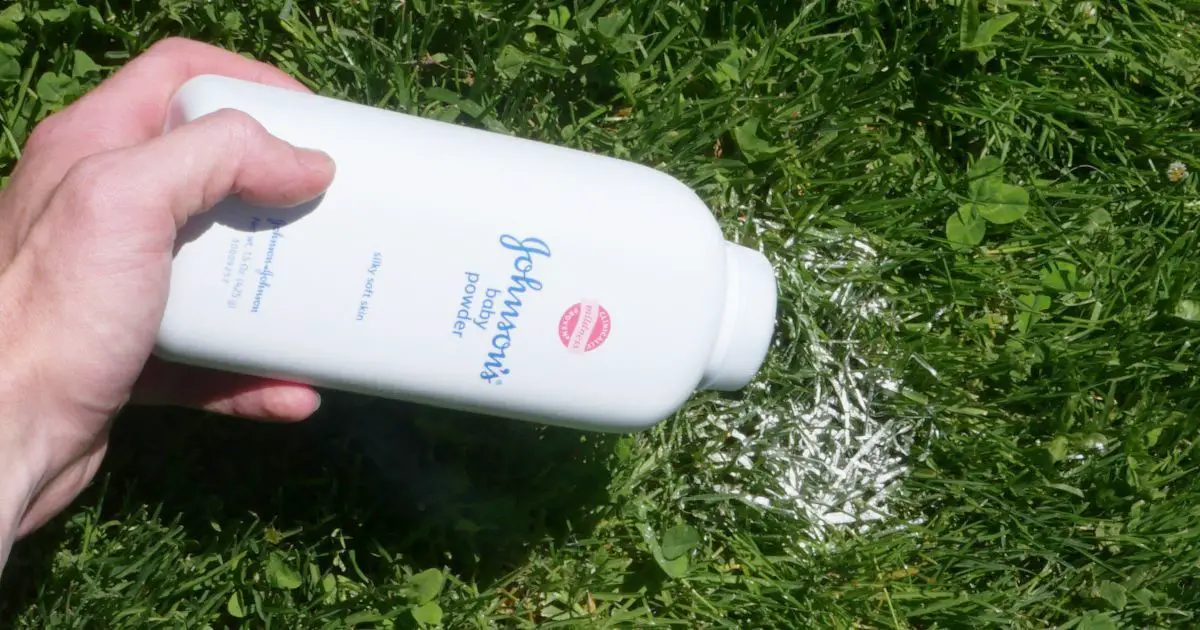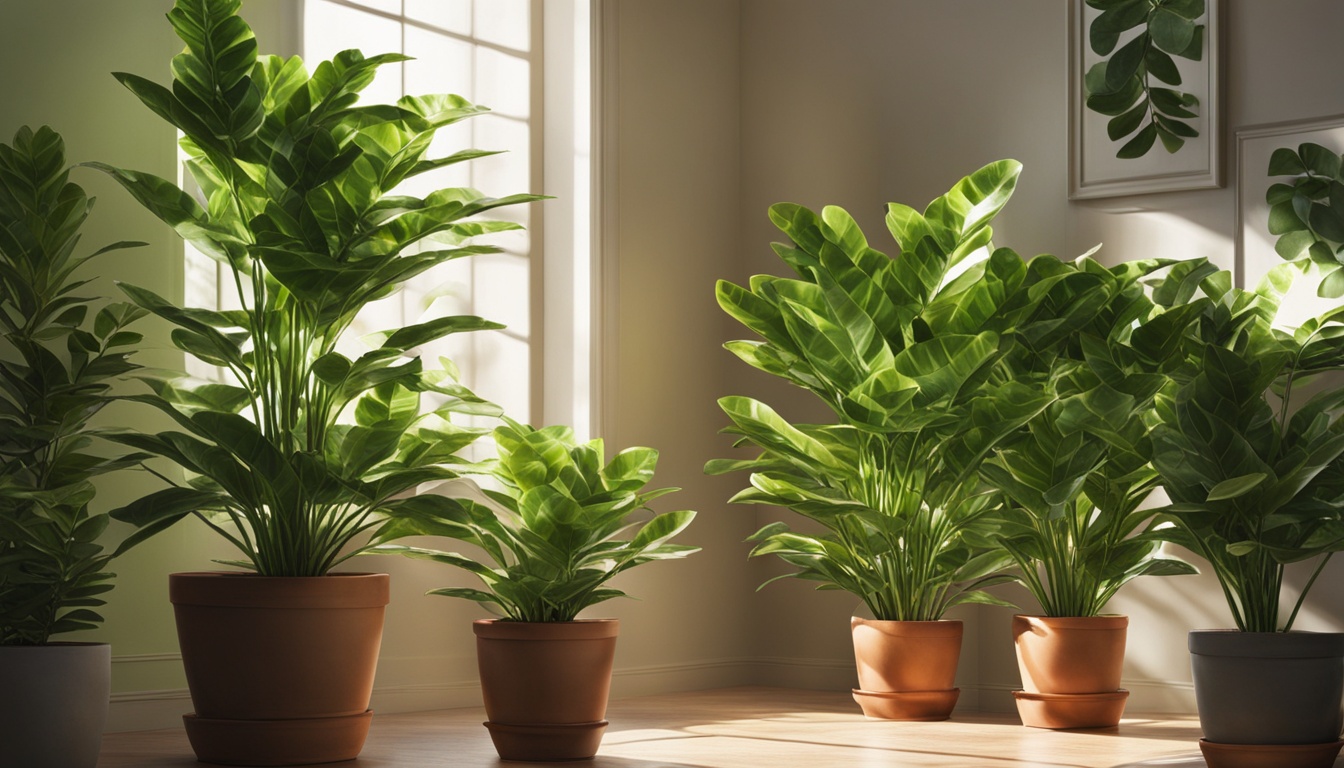Cornmeal is often a staple in our kitchens, but it turns out that this versatile ingredient has a lot more to offer than just enhancing your favorite recipes.
In the world of gardening, cornmeal proves to be a powerhouse, providing a range of benefits from improving soil health to pest control.
This article explores the remarkable ways cornmeal can revolutionize your gardening routine, offering both practical and eco-friendly solutions.

1. Natural Fungicide
Cornmeal’s natural fungicidal properties are one of its standout features. It contains beneficial microorganisms that can combat harmful fungi in the soil.
When cornmeal is sprinkled around your plants or mixed into the soil, it helps to suppress fungal diseases like root rot and damping-off, which often affect seedlings and young plants.
These diseases can stunt growth or even kill plants, so preventing them is crucial for a healthy garden.
To use cornmeal as a fungicide, apply a thin layer around the base of your plants or mix it into the soil before planting. It’s particularly effective in maintaining soil health and preventing fungal outbreaks in high-moisture environments where fungi thrive.

2. Organic Weed Preventer
Corn Gluten Meal, a by-product of corn milling, functions as an organic pre-emergent herbicide. It works by inhibiting the root formation of sprouting weed seeds, which helps prevent new weeds from establishing themselves.
This method allows you to keep your garden free from invasive weeds without relying on chemical herbicides.
For the best results, apply corn gluten meal to your garden beds before weed seeds begin to germinate. This proactive approach can save you from a lot of manual weeding later on and helps maintain a cleaner, healthier garden.
3. Attraction of Beneficial Creatures
While cornmeal works to deter unwanted pests and fungi, it also has the added benefit of attracting beneficial organisms to your garden.
Earthworms, for instance, are drawn to cornmeal, and their presence improves soil structure and fertility. These helpful creatures burrow through the soil, aerating it and facilitating better root growth for your plants.
Additionally, cornmeal can attract other beneficial insects that contribute to a balanced garden ecosystem.
By fostering a habitat for these allies, you support natural pest control and nutrient cycling, creating a more resilient and productive garden.

4. Nutrient Supply
Cornmeal is rich in nitrogen, a vital macronutrient that promotes vigorous plant growth. When added to the soil, cornmeal acts as a slow-release fertilizer, gradually supplying nitrogen to plants.
This is especially beneficial for heavy feeders such as corn, tomatoes, and leafy greens, which require higher levels of nitrogen for optimal growth.
To use cornmeal as a nutrient supplement, incorporate it into the soil during planting or as a top dressing throughout the growing season. This approach helps maintain consistent nutrient levels and supports sustained plant health.

5. Pest Control
In addition to its roles in soil health and nutrient provision, cornmeal has been suggested as a method for controlling certain pests, such as ants and slugs.
The idea is that pests consume the cornmeal, which then expands inside them, leading to their demise. Although this method lacks extensive scientific validation and may not be effective for all pests or in every scenario, some gardeners have found success with it.
For pest control, sprinkle cornmeal around affected areas or mix it with other pest management strategies. While it may not be a foolproof solution, it offers a non-toxic alternative to chemical pesticides and aligns with eco-friendly gardening practices.
Putting Cornmeal to Work in Your Garden
Incorporating cornmeal into your gardening routine can offer numerous benefits. Here’s how you can make the most of this versatile ingredient:
- Fungicide: Apply a thin layer around the base of your plants or mix it into the soil. Regular use can help prevent fungal diseases and maintain a healthy growing environment.
- Weed Prevention: Spread corn gluten meal over your garden beds before weed seeds begin to sprout. This will help reduce the number of weeds and make garden maintenance easier.
- Beneficial Insects: Use cornmeal to attract earthworms and other helpful insects. You can sprinkle it in your garden beds or compost pile to enhance soil health and fertility.
- Nutrient Supplement: Incorporate cornmeal into the soil as a slow-release fertilizer. It’s particularly useful for plants that require higher nitrogen levels.
- Pest Control: Experiment with using cornmeal to manage pests like ants and slugs. While it might not be a guaranteed solution, it provides an eco-friendly option worth trying.
In conclusion, cornmeal is more than just a kitchen staple—it’s a valuable tool for gardeners looking to improve their soil health, control pests, and support plant growth.
Its natural properties and eco-friendly benefits make it an excellent addition to any gardening toolkit. Embrace the power of cornmeal in your garden and enjoy a more sustainable and effective approach to horticulture.



